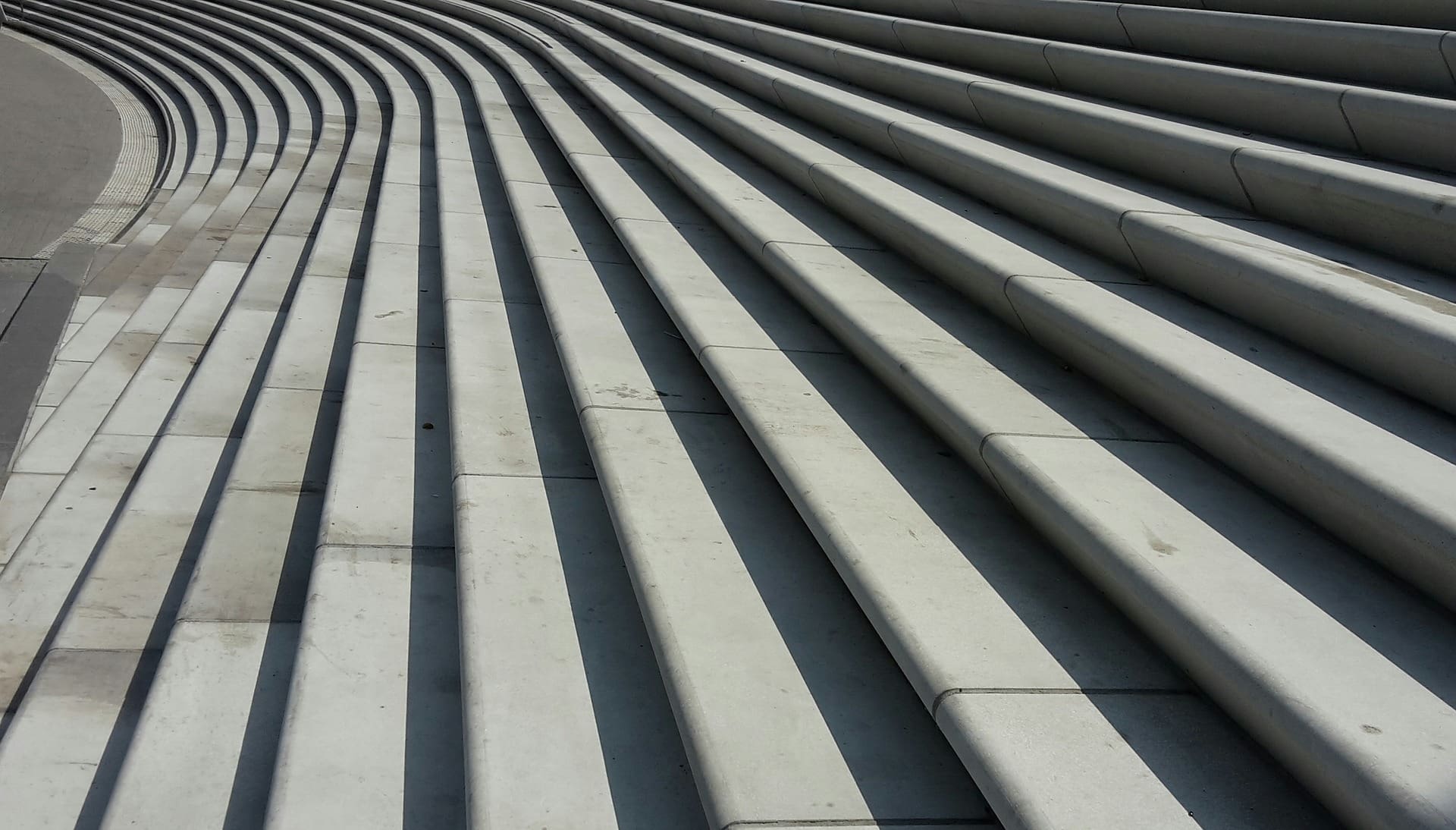Sledgehammers are a classic, ubiquitous tool found at just about any hardware store. But for as penetrating a presence as they have carved out for themselves, how much do we really know about them? Are they actually versatile enough to justify the amount of space they occupy in your toolshed? In this article, we explore all the ways to make good use of a sledgehammer.
1. Concrete Removal

Naturally, virtually all jobs that the sledgehammer is likely to perform are relevant to the world of demolition. We see that with this first recommendation.
Concrete removal is a breeze with the smashing power of a sledgehammer at your disposal. It’s a physically demanding job, but it’s also the most affordable way to remove concrete. Basically, you can either rent a pneumatic hammer/bulldozer, or implement some elbow grease and get the job done the old-fashioned way.
As you break up the slabs, the pieces can then be (relatively) easily extracted from the worksite.
2. Installing Bolts into Concrete

Sensing a pattern here? Sledgehammers are optimal for incredibly hard materials, and concrete certainly fits the bill.
Remember that at its heart, the sledgehammer is really just nothing more than an oversized conventional hammer. This means that in addition to being great for destroying things, the sledgehammer can also help you create.
To install bolts into concrete, you can either use expensive drill components or a sledgehammer. The process is what you’d imagine it to be. Set the bolt where it needs to be, then drive it home with the kinetic force of the sledgehammer.
3. Complete Demolition
There is something almost therapeutic about letting loose with a sledgehammer on a full demolition project. The tool is often used in home demos because the process requires strength over precision.

There are other tools out there that can help you perform a complete home demolition, but none of them are quite as fast, fun, or affordable as the sledgehammer.
The sledgehammer is good for taking out pretty much anything in a home, including drywall, wall studs, and even HVAC ducts, so let loose!
4. Stake Driving

Sledgehammers can also be used for smaller tasks, like stake driving. You may find the need for this task if you are setting up a large tent, or something else of that nature.
For these smaller jobs, you may not go with the heavy-duty metal sledgehammers that are optimal for the other tasks on our list.
This is a tool that comes in various sizes and materials, so be mindful of your options as you explore these smaller tasks. In this instance, you may favor a rubber head sledgehammer.

A Note of Warning If you have physical limitations such as arthritis, or even a heart condition, the sledgehammer is not going to be right for you. As perhaps the most physically demanding tool out there, it does take a physical toll on your body with each swing.
It is always better to err on the side of caution. If you’re not sure that using a sledgehammer is safe for your health, it may be a good idea to consult with your doctor before diving headfirst into a project.
Conclusion
The truth of the matter is that sledgehammers really are not for everyone. It takes a special type of person to make good use of this tool. It’s great for demolitions, or driving home stakes and concrete bolts, but it’s also incredibly physically demanding.
If you’re willing to buckle down and use as much elbow grease as it takes to get a difficult job done, a sledgehammer may be right for you. If that’s not quite your speed, there are other (much more expensive) tools that can get the above jobs done with a little less physical strife.




Leave a Comment